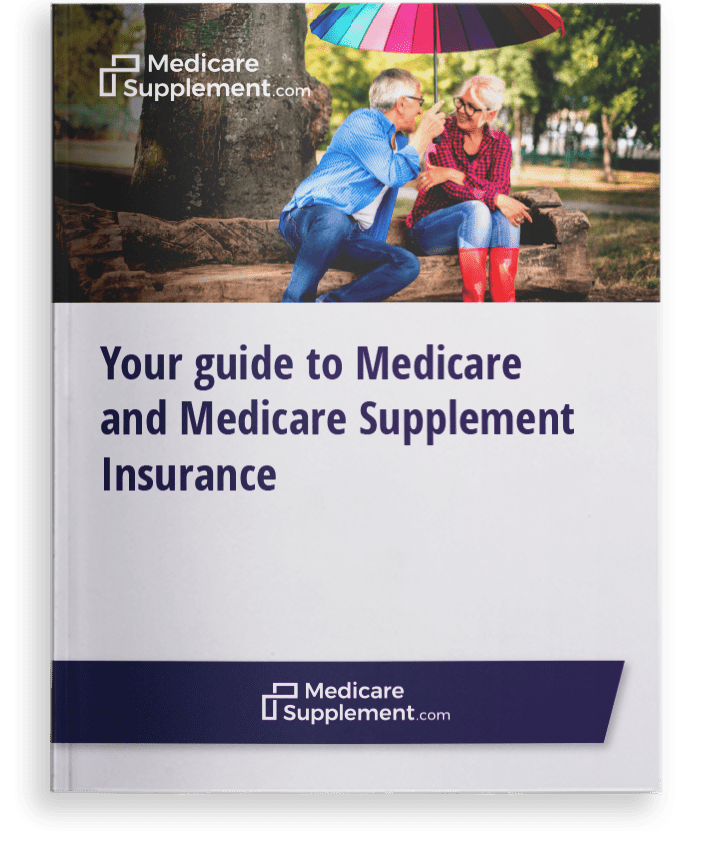Medicare Supplement Insurance (also called Medigap) helps senior and disabled Massachusetts residents pay for some Medicare out-of-pocket costs.
MA Medicare enrollment quick facts:
- 346,222 Massachusetts residents had a Medigap policy in 2021, according to data from America’s Health Insurance Plans (AHIP).1
- More than 35% of Medicare beneficiaries in Massachusetts were enrolled in a Medigap plan as of 2021 according to AHIP.
How Medigap Plans in Massachusetts Differ from Medigap Plans in Other States
Medigap plans sold in Massachusetts work the same as Medigap plans sold in other states. However, insurance companies offer different plan options in Massachusetts than they do in most other states.
Insurance companies in most states offer up to 10 standardized Medigap plan options to Medicare beneficiaries (plans A, B, C, D, F, G, K, L, M and N). In Massachusetts, Medicare beneficiaries can choose between one of two plans: the Core Plan and the Supplement 1 Plan.
Massachusetts Plan Options
Both plans cover four basic benefits:
- Part A coinsurance plus coverage for 365 additional days after Medicare coverage ends.
- Part B coinsurance.
- The first three pints of blood each year.
- Part A hospice coinsurance or copayment.
The chart below shows the most popular Medicare Supplement plans in Massachusetts.1. A check mark means the benefit is covered at 100 percent.
|
Core Plan |
Supplement 1 |
|
|
Basic benefits |
✔ |
✔ |
|
Part A inpatient hospital deductible |
✔ |
|
|
Part A skilled nursing facility coinsurance |
✔ |
|
|
Part B deductible |
✔ |
|
|
Foreign travel emergency |
✔ |
|
|
Inpatient mental health hospital |
60 days per calendar year |
120 days per calendar year |
|
State-mandated benefits (yearly Pap tests and mammograms. Check with your plan for additional benefits). |
✔ |
Medicare Supplement Insurance Pricing Methods
Medigap pricing methods are important because they dictate how your premiums may increase in future years. There are 3 different pricing methods:
- Attained-age rated: The premium increases as you age.
- Issue-age rated: The premium is based on your age when you buy the policy and it may increase due to inflation and other factors, but not due to your age.
- Community rated: The same premium is charged to all Medigap policyholders.
Under-65 Enrollment Rules
Although Medicare Supplement Insurance is primarily for senior citizens, it’s also available to disabled people and those with end-stage renal disease (ESRD) in some states. Each state’s insurance department dictates the rules governing Medicare beneficiaries under the age of 65.
Massachusetts insurance companies must make their complete Medigap plan lineup available to those under 65 years old and may not charge a higher rate based on age. They may, however, deny a policy to those with End-Stage Renal Disease (ESRD).
Learn More
To learn more about Medicare Supplement Insurance, read through the guides below.

